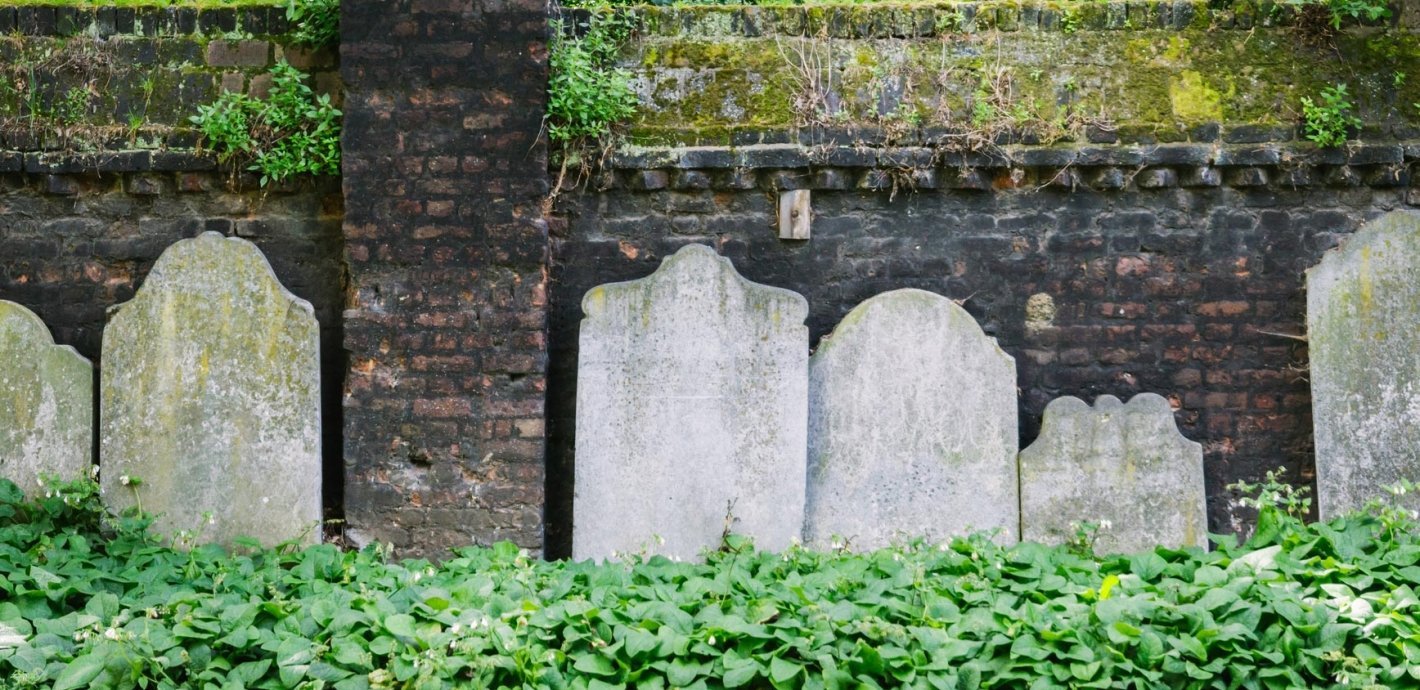There’s a Buddhist practice that I do on my birthday. Developed by the Tibetan Buddhist master Sakyong Mipham Rinpoche, it’s a contemplation that one can do in the morning before leaping into birthday festivities. At a certain point you contemplate a simple phrase: “Death is my friend, the truest of friends, a true friend that never abandons me.” Pretty morbid, right? Here I am, getting ready to see family and friends, and I’m being all Buddhist trying to hang out with my good buddy Death.
From my perspective though, it’s good to contemplate death. Death is a part of life. When we really contemplate the reality of death we are motivated to live our life to the fullest, taking advantage of the time we have left while on this earth. We are less likely to waste our day if we acknowledge that death can come at any point. In that way, death is a true friend because it reminds us of the preciousness of this very moment.
When I was 18 years old my whole relationship to death changed. It was something I had experienced before. I had pets and distant relatives that had died; I wasn’t entirely sheltered. But September 2000, death became a constant for me. It started with my grandmother dying, which wasn’t shocking but still a painful loss. Then many other people I knew died on what became an almost monthly basis: my friend’s brother, my high school gym coach, my favorite regular from work, my history teacher, my uncle, a student at my school, and even an eight-year-old boy I babysat who was in a car accident. Not a single one of those deaths were easy.
Related: A Meditation for Grief
Each wounded me in a new and fresh way, until I found myself facing a choice. I could curl up and try and hide out from death. I could pretend it wouldn’t keep happening to people I knew or even to me at some point. Or I could stand up and face each tragedy with some semblance of an open heart. At the end of a one-year cycle eight people I knew and cared for had died. But my eyes were open in terms of how to embrace the reality of death.
You’re going to die. I am too. When Buddhists talk about this topic they always make the point that even the Buddha died. I like that. It’s like, “Hey, if he couldn’t escape it, what hope do you and I have?” If you have been born you will die. This is a truth. Now, it’s one thing for me to say this to you. It’s another for you to contemplate it to the point where I don’t have to say it; it’s an understanding deep in your bones.
A few years ago I was leading a somewhat advanced meditation class at the local Shambhala Center. As part of the curriculum there’s an exercise where people are offered the chance to sit in front of the group and essentially exclaim a short summary of their life. So if I were to do it, for example, I’d sit down, raise my gaze, take a breath, and say, “My name is Lodro Rinzler. I was born on November 22nd, 1982. I live in New York City. I too will die.” The point here was not to be gross about one’s own death. Quite the opposite. It was a chance to fearlessly proclaim the simple truth that we will die.
I remember very clearly a couple that was taking this class. The gentleman, a guy in his late 20s, took the seat first. He very calmly said his piece, taking his time, resting in the knowledge of his eventual death. Then a very soft crying rang out in the overall silence of that moment. It wasn’t him though; it was his fiancé. She had just realized that this man, whom she was about to commit to for the rest of her life, would eventually leave her in death. That moment touched me deeply.
Even if we come to some experiential understanding of our own death, knowing those we love will die too can also be painful. Ideally, this particular moment of heartbreak allowed her to open to a new form of appreciating her husband on a day-by-day basis, knowing that death can come without warning.
Now it’s a bit masochistic of me to suggest you do this sort of thing. You’re sitting there at the dinner table, it’s Yom Kippur, grandma’s excited to see you and you just say, “I too will die.” I don’t recommend it. Instead, you might want to incorporate a simple contemplation practice into your regular meditation. After sitting for a few minutes you can bring this phrase to mind:
Death comes without warning. This body will be a corpse.
Notice what parts of those sentences strike you. Sit with them. When you notice that you are thinking about something else, like your laundry, acknowledge that and return your attention to the full phrase. Come back to these words over and over again. Then, after three to five minutes, conclude by going back to your regular meditation practice.
Related: How to Find Happiness Right This Instant
A good contemplation session will often leave you with a powerful aftertaste. Things may feel very intimate or vulnerable. You are not lost in concept or an intellectual understanding of death but instead an experiential understanding of this basic reality.
At this point you may want to stop reading. “Stop telling me I’m going to die! If it’s going to happen anyway to me and my loved ones why should I think about that?” Take a moment to think back to when you were in school. Do you remember what it felt like to have to take a final exam? You knew it was coming; no doubt about that. So you had two choices. You could fill your days with distraction but when it came time to take the test you’d be unprepared. Alternatively, you could turn your mind a little bit to the material at hand and enter the situation feeling prepared and calm. Which would feel better to you?
The more you are able to prepare for the essential truth of death, the more you realize that your life and the lives of those around you are valuable. There are people to kiss and animals to play with and coffee to sip—and you could do that all in one morning. Knowing that death comes without warning doesn’t have to be intimidating; it can free you to enjoy your day and those you love more fully.
Lodro Rinzler’s new book, How to Love Yourself (And Sometimes Other People) is now available in bookstores. It’s only a little bit about death.








Comments (0)